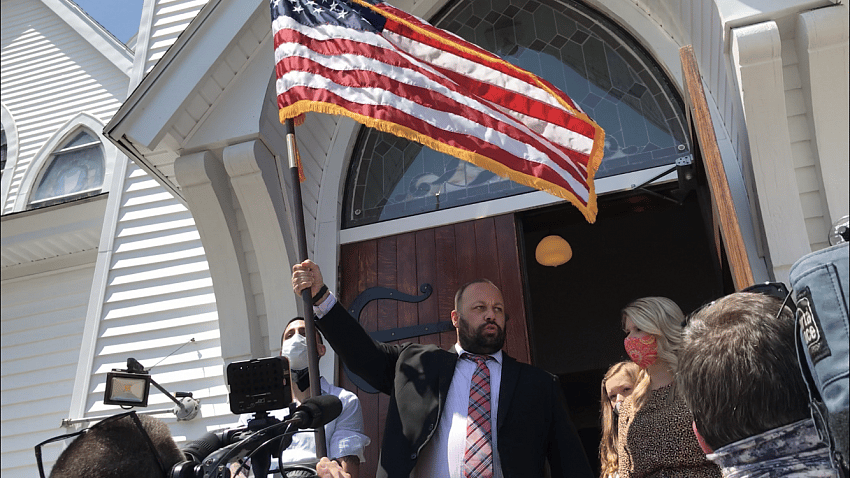Nine Top Moments For Conservatives In Massachusetts In 2020

In many respects, 2020 was not a good year in the United States, or Massachusetts for that matter.
The coronavirus has killed hundreds of thousands of Americans. Government responses to the pandemic have killed jobs and permanently shuttered businesses. Liberal and progressive Democrats swept the Congressional races and maintained their supermajority in the Massachusetts State House; those lefties even passed the ROE Act.

